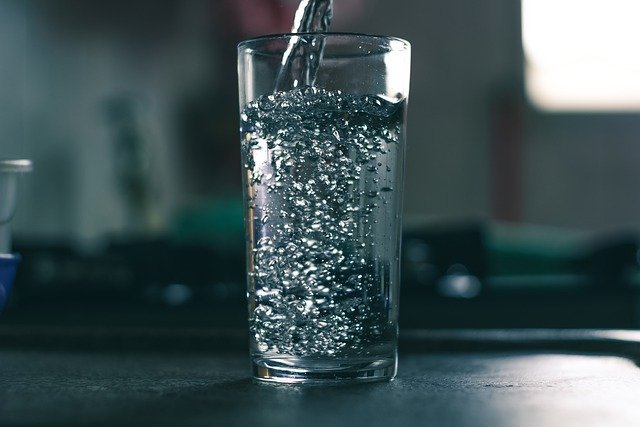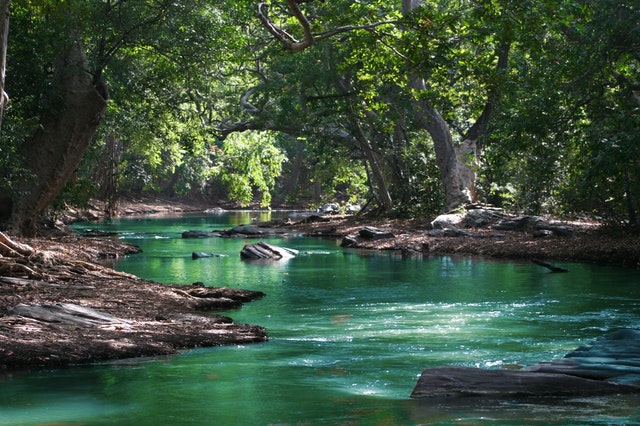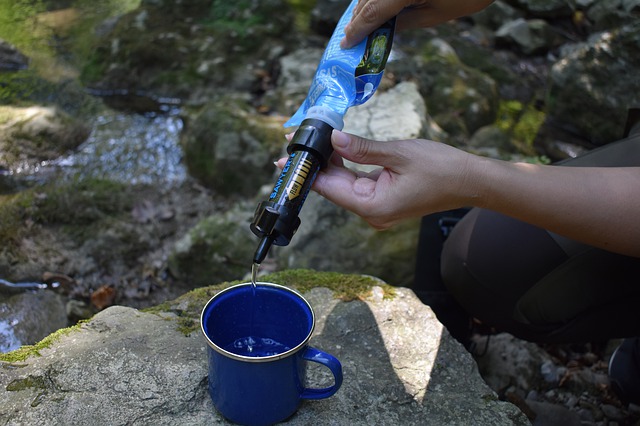The United States has a problem with plastic bottles. Every year, the average American throws away 100 plastic bottles on top of the excessive waste the US is already trying to solve. While some of those plastic bottles are recycled, around 300,000 tons of plastic are either littered or improperly disposed of. That means many of these bottles that can be recycled end up in landfills or in the ocean, which poses a serious threat to marine wildlife.
This is a contributed post and does not necessarily reflect the opinions of Meet The Harris Family.
While many recognize this problem, many Americans think they don’t have a choice if they want clean drinking water for their home. Because of this, Americans are spending billions on bottled water and contributing to the plastic bottle problem.
But what if Americans could have a cleaner, cost-effective, and sustainable solution to drinking water? The plastic bottle problem could significantly decrease, but only if we can stray away from our dependence from plastic bottles. Well, one solution may already exist that not many know of; it’s water filters.

What Are Water Filtration Systems?
Whole-home water filtration systems (or water filters) ensure you get clean water free of contaminants and chemicals that may be in the water. The result is pure water that is safe for both everyday uses and drinking.
Smaller water filters that break down easily and are only attached to one faucet or water pitchers that only clean as much water as you put in it. However, whole-home filtration systems have to be installed into your pipes. You will need a plumber to have these water filtration systems installed properly.
How Do Water Filters Clear Out Contaminants?
Many filters in the market have different forms of filtration. Some use charcoal filters that absorb all particles and toxins. In contrast, others use more complex processes like reverse osmosis filtration, where air pressure forces contaminants and chemicals away from the water.

How Can Water Filters Save Me Money?
The biggest selling point of bottled water is that it makes you think that bottled water is safer and purer. People might have doubts about the cleanliness of tap water, but with a water filtration system, tap water becomes just as safe as bottled water. And in terms of money, you can save long-term while keeping your family hydrated.
The average person is recommended to drink eight glasses or 64 fluid ounces of water every day. The average water bottle costs $1.45 and contains around 16 ounces of water. That means you should drink three or four bottles of water a day to stay hydrated. And if there are approximately four people per household, that means you need to have at least 84 bottles of water at home to keep everyone hydrated for a week. That’s equal to $121.80 just for drinking water for one week or a little over $480 a month. And you still have to keep buying water, wasting both money and plastic bottles.
Now, compare this with buying a whole-home filtration system. The cost of a whole-house filter and installation can cost between hundreds of dollars to upwards of a thousand dollars for higher-end units. But think about it long term: would you rather spend $5,760 a year on bottled water for your household, or make a $1,000 investment that will last your family long-term? Even with the average monthly water bill of $70, having a water filter installed in your home can save you more in the long run.
So for a sustainable, healthy, and cost-effective solution, installing water filters in your home can benefit your household in the long run. There are many types of filters, so do your research and shop around for the best options before having one installed.

